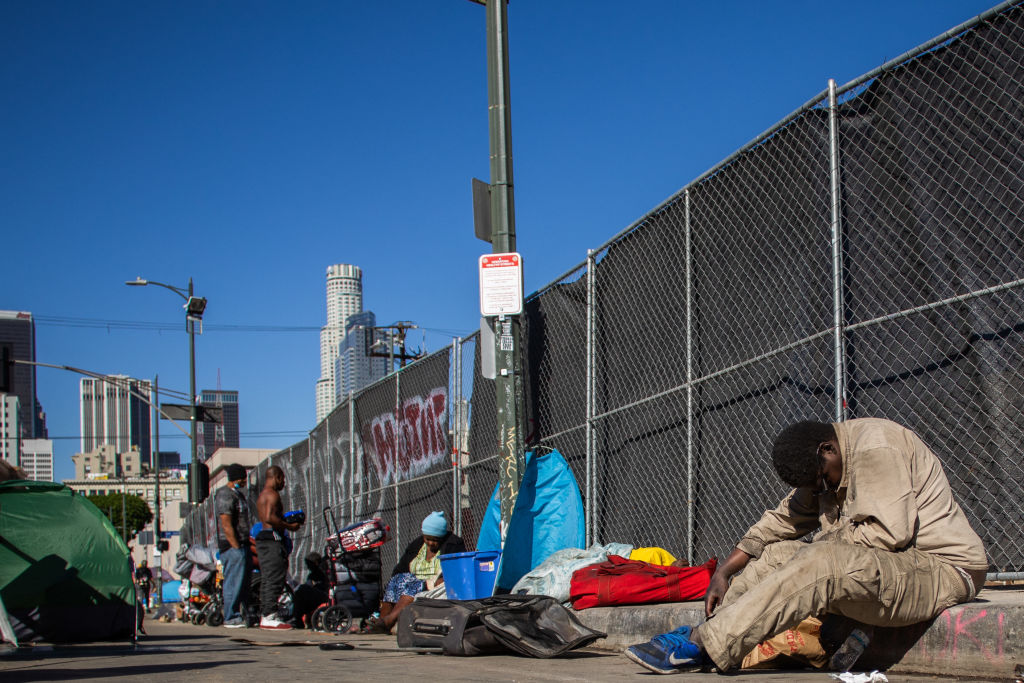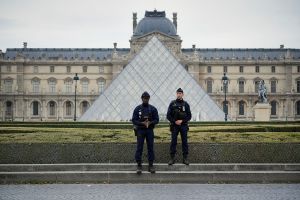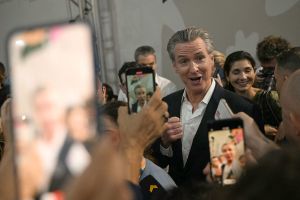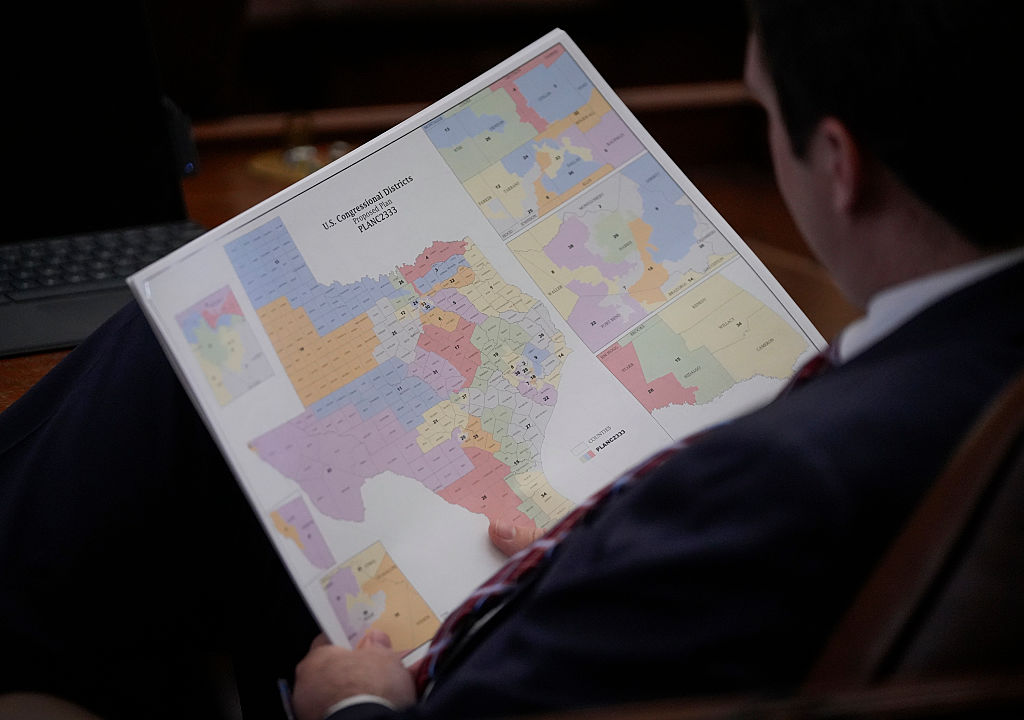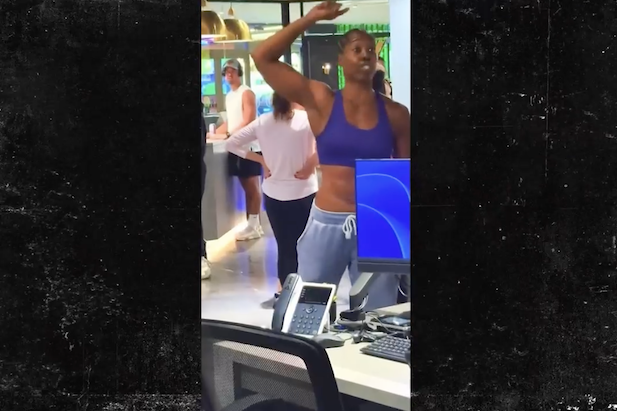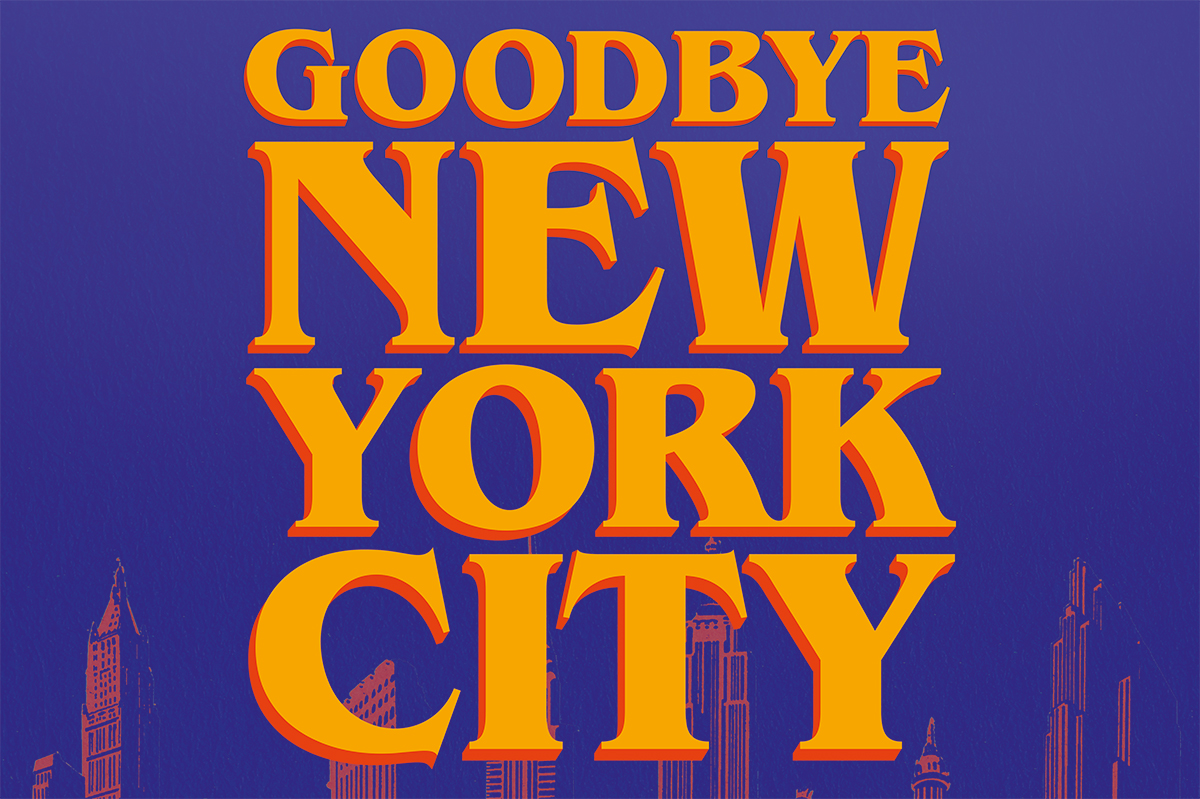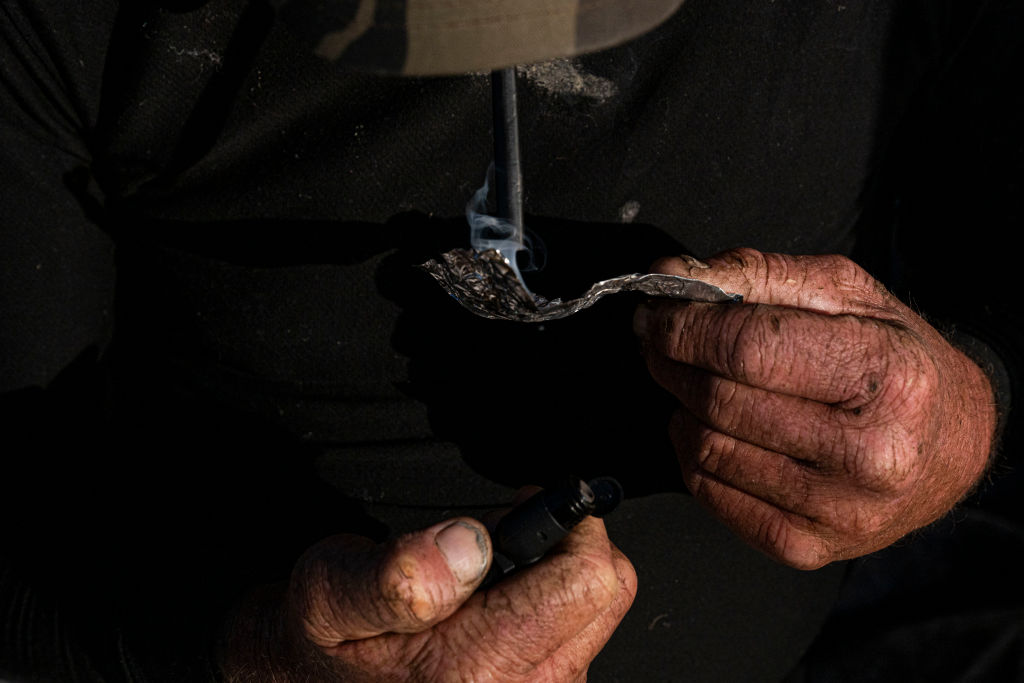On August 9, a crazy homeless woman riled by community activists stormed a Los Angeles city council meeting, shouting obscenities and threats at members, closing the assembly down. A proposed ban on homeless encampments within 500 feet of schools had been on the table. For the city’s woke extremists, “criminalizing homelessness” is cause for mayhem.
Last week, a thuggish mob shut an entire downtown Los Angeles street after midnight, ransacking a 7-Eleven and injuring the sole cashier. Residents citywide fear a future of unprosecuted criminal raids, “street takeovers,” and organized looting.
Central Los Angeles is awash in homicides, break-ins, carjacks, shoplifting, and vandalism. The once snazzy Sunset Strip and Melrose areas are congested, rundown and dangerous at night. Brazen lawlessness often meets a blind official eye.
Serious crime is spiking, while armies of homeless push fetid shopping carts toward oblivion. Beaten-up recreational vehicles with out-of-state license plates squat on residential streets. Drifters beg at freeway off-ramps. Tent encampments are everywhere. Vagrancy and public nuisance laws are essentially void, thanks to federal court rulings.
Facing this gigantic mess, Representative Karen Bass and real estate developer Rick Caruso vie to be mayor on the November 8 ballot.
County district attorney George Gascón — who has overcome two recall efforts — is not on the ballot, but his policies overshadow the election. His exertions to upend the city’s criminal justice system and its legal apparatus are deepening its crisis.
Los Angeles and its sun-drenched clichés still glisten for the star-struck and credulous. To trendy outlanders with ambitions in the dream factory, the Malibu Soho Club is a pilgrimage church, one with trippy, blue-sky pelicans. Electric-biking in day-glo lycra on Pacific Coast Highway and posting it on Instagram beats any noche caliente.
But the mirage called Hollywood is not the Southland’s reality at all. In fact, greater Los Angeles is a hard-edged, multi-dimensional city of 4 million and county of 10 million, including satellite cities Long Beach, Santa Clarita, and Santa Monica. In El Monte warehouses and South Gate steel yards Korean boss men bark orders and pay wages in cash on the loading dock. And better to hire hardworking braceros who never had it so good in Oaxaca than bummed-out, low-caste US natives on W-2s with medical benefits.
A vast hive of heavy capital, warehouses, and assembly plants moves food, commodities, and finished things around the US and for that matter, the entire planet. In endless containers, on ten-lane highways, on railroads, ships, and cargo planes, day-and-night, Los Angeles is a unique global hub and Pacific entrepot. Much of the city is transient, without roots: foreign-born, with little or no English, and living in distinct ethnic enclaves lacking civic disposition.
Formerly middle-income neighborhoods with working families, greenery and yards — maybe a few swimming pools — have become expensive islands amid a concrete and asphalt stew. Affordable housing means bumpy streets, trashy mini-malls, aged tract houses and cheap stucco fourplexes sprawled in every direction. Taxpayers are selling property, fleeing the state, and the residents who remain are apprehensive.
What’s worse, there’s no relief in sight. The powerful city council kowtows to the public employee and teachers’ unions, the building trades, the social services complex, la raza radicals, and assorted leftist causes. California’s sanctuary act limits the involvement of police and sheriffs in enforcing any immigration law.
More than 500,000 voters petitioned a recall vote this fall, but on August 15 the eagle-eyed county registrar refused to certify some 50,000 needed signatures, ending the drive. A Gascón recall coming on the heels of San Francisco district attorney Chesa Boudin’s forced departure in June would have underscored the pushback on progressive prosecutors nationwide.
In 2020, Gascón — Gavin Newsom’s longtime political ally, and San Francisco’s former police chief and district attorney — took an elective run at Los Angeles, going full throttle on Black Lives Matter and “criminal justice reform.”
Along with Newsom, Mayor Eric Garcetti and Representative Adam Schiff cynically threw Jackie Lacey, the city’s well-respected black female district attorney, under the bus. The Democratic Party, the Los Angeles Times, Kamala Harris, Maxine Waters, and the remarkable Black Lives Matter cofounder Patrisse Cullors endorsed Gascón. Hollywood embraced Gascón as photogenic, cool, and politically correct. Despite his vogue, he won only narrowly.
On day one at his new job as district attorney, absent a mandate, Gascón announced his intent to end cash bail and to begin sentence reduction and pretrial release of prisoners. He would no longer seek the death penalty, send juveniles to adult court, or throw the book at vicious and habitual criminals.
His own prosecutors despise him for his policies and grandstanding, as do county sheriff Alex Villanueva and the Los Angeles city police force.
The mayoral race will be hard fought and highly visible. Will law-and-order issues propel large numbers of city voters to the ballot box? Crime anxiety would appear to favor police-friendly, clean-streets Rick Caruso.
On the other hand, much of Los Angeles’s residential and commercial wealth lies in the county. Any mayoral candidate must court Latino voters, 48 percent of the city’s population. Inside the city proper, a majority might prefer the status quo and welfare state.
Leaving Congress after five terms, Karen Bass remains a creature of Sacramento and Washington, a reliable errand girl for the Pelosi Democrats and Black Congressional Caucus. Bass has the powerful public sector and community activists squarely on her side. Having opposed Gascón’s recall, she embodies the forces of political inertia in the troubled city.
Since his February entry into the mayoral contest, Republican-turned-Democrat Caruso has saturated the Los Angeles television market. In one campaign ad, Caruso says, “I’m running for mayor because the city we love is in a state of emergency: rampant homelessness, people living in fear for their safety, and politicians at city hall just in it for themselves.”
Make no mistake, Rick Caruso is also very much in it for himself. His own glossy real estate investments — notably the popular Grove retail and entertainment complex in the heart of the city — are directly imperiled by surging crime, especially at night and on weekends when the big-spending traffic pours in. No wonder Caruso contributed $50,000 to the Recall Gascón campaign.
Caruso is an odd cross of Jesuitic earnestness and over-the-top Brentwood glam. A passionate USC Trojan and chair of its board of trustees, the billionaire philanthropist has served on Los Angeles’s Department of Water and Power Commission and as the president of its Police Commission.
If elected — and that remains a big if — Caruso promises to bring some stability and cohesion to a broken city in free fall. This will be no easy task, and for the moment might be nearly impossible. Bass or Caruso, Los Angeles’s lawmaking power rests with an erratic, semi-woke city council. Its public safety remains captive to rogue prosecutor Gascón.



